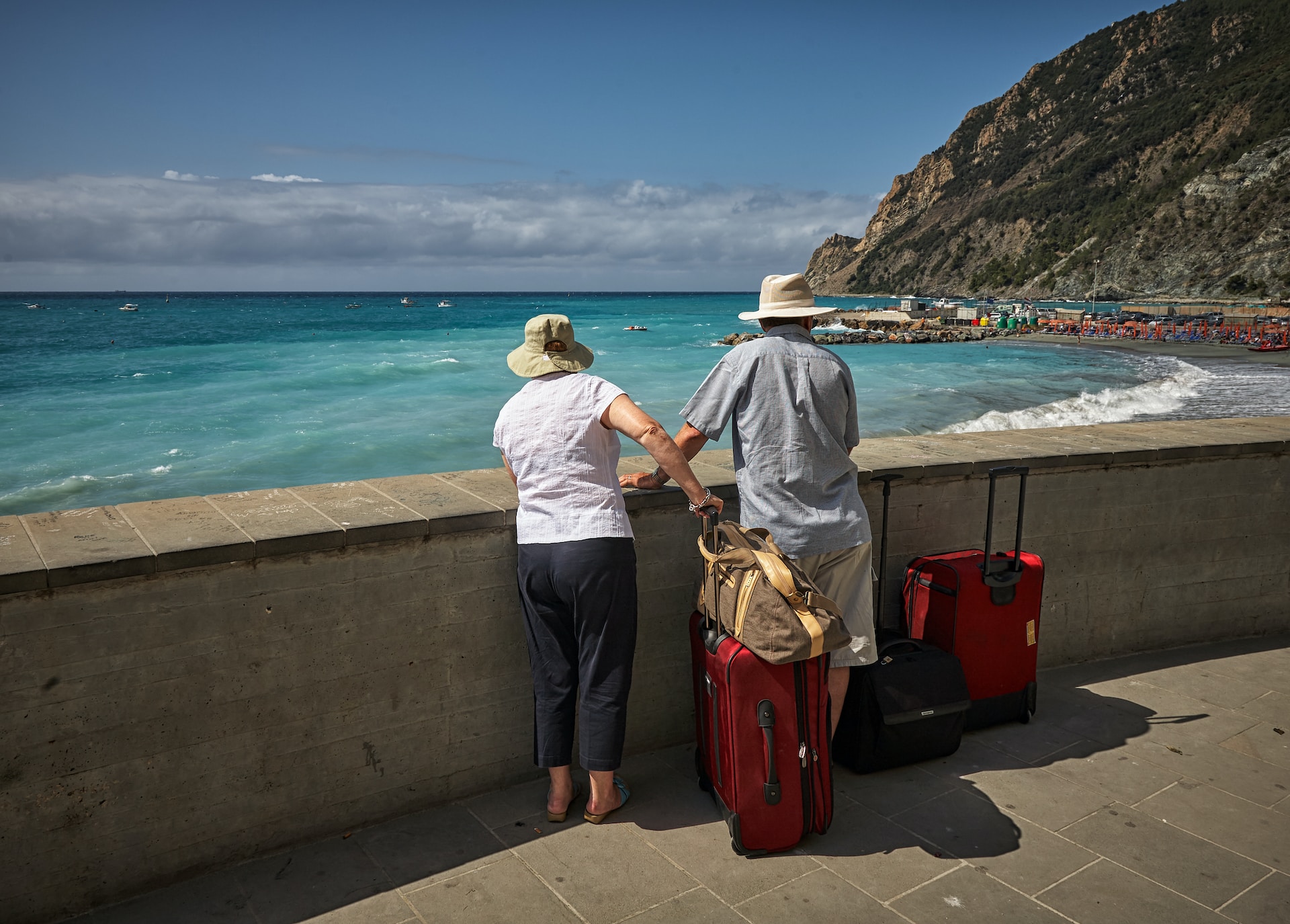
Experience trips have become a popular method for exploring new obstacles and really testing your abilities. The adventure includes “extremely extreme” activities such as mountain biking, hiking, diving, sailing, bungee jumping, sailing, ziplining and paragliding. Many experienced travelers also like to avoid places that are crowded with vacationers and choose areas that are difficult to access. The best travel encounters cannot happen anywhere. In any case, starting to experiment may require less prep work than a quick tour.
The danger is clear
Exercise experiences, both at home and abroad, have some risk of injury. Remote locations can pose additional risks:
- Admission to clinical trials is restricted or prohibited
- A critical letter that can delay the response to the problem
- Unexpected changes in weather conditions that can seriously damage health and make rescue efforts even more problematic.
Before the trip
Find the following ways to prepare for your move on the boat and be prepared for any problems that may arise.
Check your space for specific health and safety hazards. You should also know your health status before planning your trip. Whenever you are tired, you can infect others. Postpone your trip and stay home when you’re tired.
Make an appointment with your health care provider to get your vaccinations, prescriptions and clear encouragement, as early as one month before you are discharged. Discuss your schedule and any planned activities with your suppliers so they can adjust plans to guarantee a safe and comfortable tour.
Make sure your vaccinations are up to date, including measles-mumps-rubella (MMR). Measles and other unavoidable diseases can spread quickly among large gatherings that are not vaccinated.
Plan for unexpected health problems. Check if your health care plan covers health care abroad: most plans don’t! Make sure you have arrangements to get treatment abroad, if you really need it. Consider purchasing additional insurance that covers medical services and emergency evacuation, especially considering you are traveling in remote areas.
Plan for chaos. Leave important travel documents (such as newspapers, contact details, payment cards, visas, proof of school registration) with someone at home, in case you lose them while traveling. Make sure someone at home knows how to contact you in an emergency and keep in touch with your emergency contacts.
During the trip
Follow your PCP’s advice. If your PCP recommends medication to prevent stomach flu, take the prescription as approved on your trip and beyond.
Use caution when participating in water-related activities. Choking is the leading cause of death while traveling. Follow water safety advice, which includes swimming, boating and diving, especially in countries where emergency services may not be readily available.
- Protect yourself from extreme heat and conditions.
- Apply sunscreen. Wear sunscreen with an SPF of 15 or higher. Remember, sunscreen isn’t just for tropical beaches: you can get sunburned whether it’s cold or winter.
- Prevent insect bites. Use insecticides to protect against mosquito-borne diseases, such as Zika, dengue, chikungunya and wild fever. Use an EPA-registered insect repellent with one of the following active ingredients: DEET, picaridin, IR3535, lemon eucalyptus oil/para-menthane-diol, or 2-undecanone.
- First apply sunscreen, let it dry, and then apply insect repellent. Be sure to follow the naming guidelines and re-enter both as planned.
- Protects the natural environment. Avoid animals, including pets, pets, and wild animals. Despite the risk of hepatitis, all animal bites carry the risk of bacterial infection.
- Choose safe transportation. Car accidents are the leading cause of death among vocal commuters. In many non-industrialized countries, there may be unaided roads with no shoulders, unsafe curves and cliffs, and no traffic lights. Be prepared when crossing the road, especially in countries where people drive on the left. Always wear a seat belt and never drive without it. Children should travel in car seats.
- Choose healthy foods and drinks. Contaminated food or drinks can cause bad stools and various diseases in researchers and disrupt your movement. Researchers who oppose low or moderate salaries are at risk. Generally, these types of foods are stored hot for consumption, along with dry and packaged foods. Canned, canned, and hot drinks are usually reserved for drinking. Know how to make healthy food and drink choices so you don’t get sick.